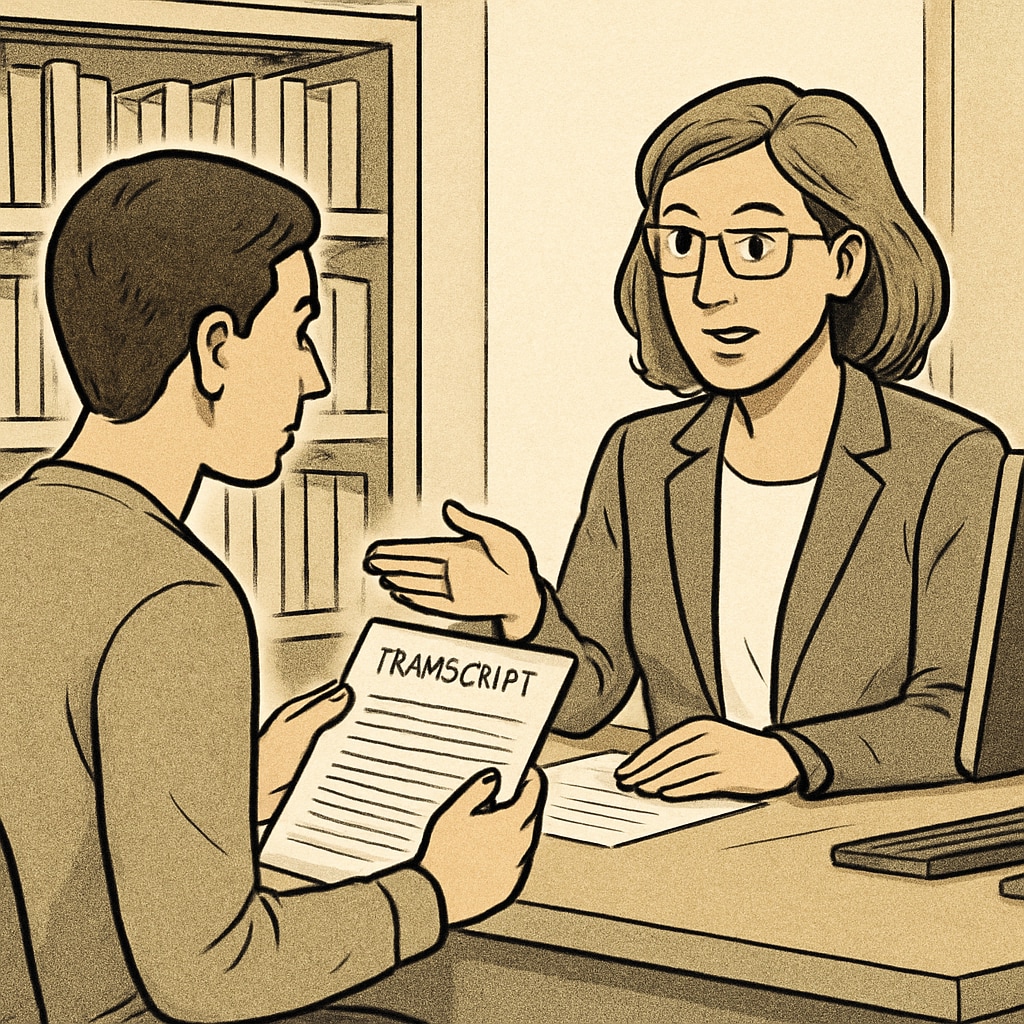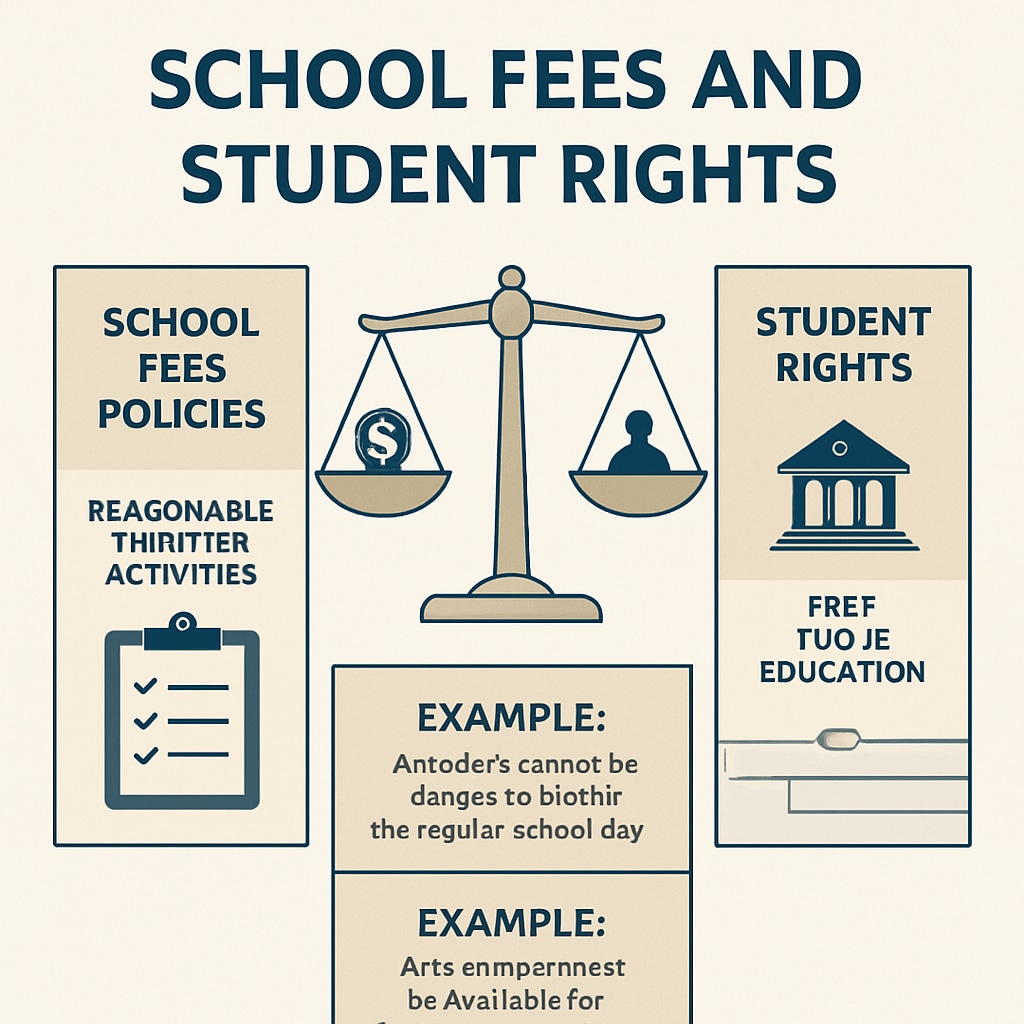Obtaining transcripts when school fees remain unpaid is a common challenge for students and families worldwide. This issue often arises during crucial moments, such as when applying for PRC (Professional Regulation Commission) exams or transferring to another institution. The intersection of educational policies and financial obligations creates a complex dilemma, where schools aim to safeguard their financial stability while students seek uninterrupted progress in their academic and professional journeys.
Understanding the Conflict: Financial Obligations vs. Student Rights
Educational institutions often implement policies that restrict access to transcripts for students with unpaid balances. This approach emphasizes accountability for tuition payments, which are critical for maintaining school operations and ensuring quality education. However, blocking access to academic records can hinder students’ ability to apply for licensure exams, continue their studies, or secure job opportunities.
For example, PRC exam applications frequently require official transcripts. Without these documents, students may face delays or even lose career opportunities. Balancing institutional financial health with students’ developmental needs is a delicate task, requiring nuanced solutions.

Legal and Ethical Considerations
Restricting transcript access raises legal and ethical concerns in some regions. While institutions have the right to enforce payment policies, students also have a right to access their academic achievements. In countries like the United States, some states have introduced legislation preventing schools from withholding transcripts due to unpaid fees, recognizing the potential harm it causes to students’ futures.
Globally, the issue remains contentious. Striking a fair balance often requires institutions to adopt flexible policies, such as allowing partial payment plans or negotiating payment schedules while granting limited transcript access for urgent needs like PRC exam applications.

Practical Solutions for Families and Institutions
For families facing unpaid school fees, proactive communication with the institution is essential. Here are some practical steps:
- Request Partial Access: Some schools may allow partial or unofficial transcripts for specific purposes, such as PRC applications or job interviews.
- Negotiate Payment Plans: Discuss flexible payment options, where a portion of the balance is settled upfront while the rest is paid in installments.
- Seek Legal Aid: In regions with laws against transcript withholding, consult legal advice to understand your rights.
- Explore Financial Assistance: Look into scholarships, grants, or community support programs to alleviate financial burdens.
Institutions can also adopt policies that promote equity and collaboration, such as:
- Introducing hardship waivers for families in financial distress.
- Providing clear communication about fee structures and consequences.
- Offering alternative methods of debt repayment, such as work-study programs.
Conclusion: A Path Toward Balance
The issue of accessing transcripts amid unpaid school fees reflects larger societal concerns about education affordability and equitable access. By fostering dialogue between students, families, and institutions, practical solutions can emerge that uphold both financial accountability and the rights of students. Whether it is for PRC exam applications or other academic needs, finding common ground ensures that no student’s future is unnecessarily compromised.
Ultimately, education serves as a foundation for growth, and policies must prioritize this principle while addressing financial realities. Schools, policymakers, and families must work together to create a system where every student has the opportunity to succeed—regardless of their financial circumstances.
Readability guidance: This article uses concise paragraphs, lists, and transitions to ensure clarity. Overly complex sentences and passive constructions are minimized to enhance readability.


